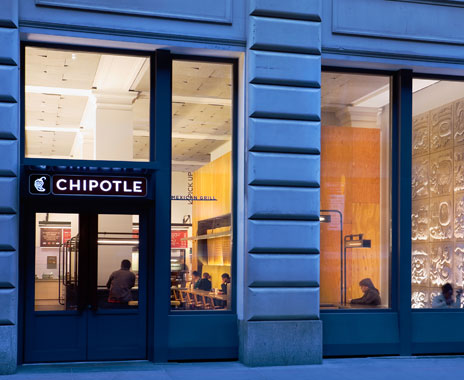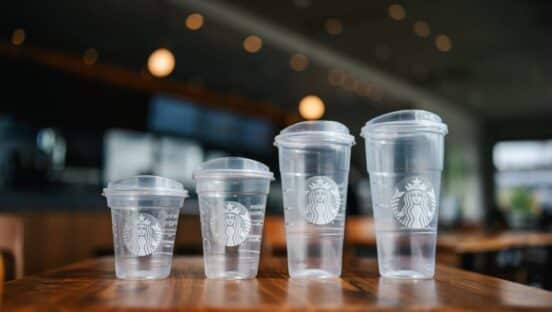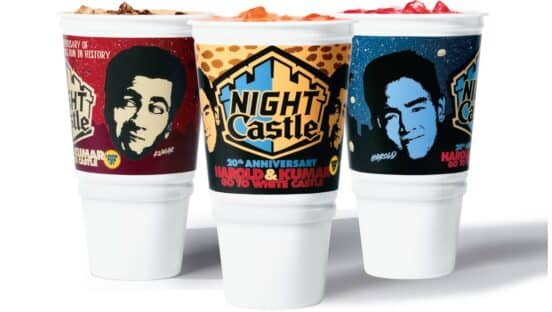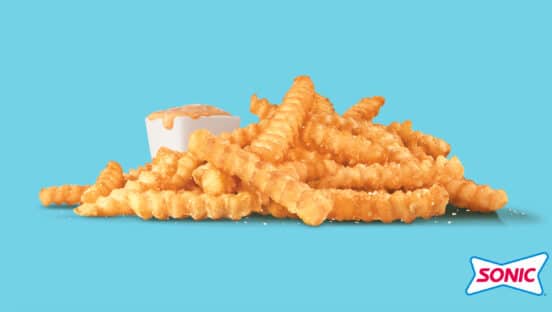BDO’s latest edition of its restaurant industry benchmarking update, The Counter, showed a sluggish start to 2017. Continuing the trend from the back half of 2016, same-store sales dropped 0.7 percent across the landscape, a result, BDO says, of lower grocery store prices and a more selective consumer class.
The lowest performing segment, from a same-store sales measure, was fast casual. Through the first quarter of 2017, sales fell 2.0 percent. Cost of sales were also an industry high 30.2 percent. The study measures quick service, casual, fast casual, and upscale casual.
“But it isn’t bad news for all players: This quarter, the tables have turned for Chipotle as the company reported a 17.8 percent bump—a solid rebound from the double-digit sales plunge experienced following the foodborne illness outbreak in 2015,” BDO’s report says.
Additionally, Panera Bread continued to track upward, posting a 5.3 percent increase. The chain, set to be purchased by Krispy Kreme owner JAB Holding for $7.5 billion in cash, announced larger commitments to delivery, as well as improved kiosk ordering and overall digital business in 2017.
On the flip side, Pie Five, Pollo Tropical, and Qdoba reported negative same-store sales of 15.8 percent, 6.7 percent, and 5.9 percent, respectively. Shake Shack’s sales also slid 2.5 percent in the first quarter, a number the brand credited to unfavorable weather in its core markets. This number didn’t, however, refer to stores open less than two years for the brand. There were 13 Shake Shacks opened in the quarter and new company-operated stores represented around $24 million in increased revenue.
One segment that did flourish was pizza, which enjoyed an average 3.9 percent same-store sales increase. Domino’s topped the list for the 10th consecutive quarter. The pizza chain exceeded Wall Street expectations with a healthy 14.1 percent surge in company-owned domestic same-store sales in the first quarter. Franchise stores were up 9.8 percent in the U.S.
Upscale casual also saw an uptick in the first quarter with a 0.2 percent boost in same-store sales. Eddie V’s Prime Seafood, and J. Alexander’s reported 4.7 percent and 3.5 percent growth, respectively.
“Rising guest counts attributed to both eateries’ positive momentum. J. Alexander’s also cited early success in two new restaurants during Q1, favorable beef prices and higher average customer checks,” BDO said.
Casual dining saw sales fall 1.4 percent. Prime costs were also highest in the segment at 61.3 percent. Labor costs also topped the list at 33.3 percent.
Overall, cost of sales fell through the first quarter across all segments except for pizza, which rose 0.7 percent. BDO says that could be related to a 2.2 percent increase in cheese prices.
But other than cheese, favorable commodity prices are helping the industry as a whole. Beef costs dropped 10.1 percent and fresh vegetable prices declined 4.5 percent.
BDO says high turnover rates and near-capacity employment resulted in increased labor costs for the fifth straight quarter. This was more prevalent in fast casual, which showed a 1.3 percent jump in labor costs. Pizza was next at 1.2 percent.
As for what’s next, BDO says, “Some consumers place a premium on delivery and convenience, while others prioritize food and physical store aesthetics. As diners increasingly consume with their eyes first via social media, smart brands are investing in their social presence, ensuring consistent touchpoints with target customers. Others are finding success by offering ‘Instagram worthy’ options, like Burger King’s Cheetos Chicken Fries or Taco Bell’s Waffle Taco.”
Reimagining dining rooms and a renewed focus on sustainability are also boosting brands.
“Whether restaurateurs are focusing on the tech, the food or the room, what matters most is that decisions are made with evolving consumer preferences in mind. As millennials and Gen Z gain more market share, their opinions will grow louder. Adapting strategies both online and off in response to evolving demands can help to carry concepts through sluggish seasons,” BDO says.
BDO’s data is a compilation of publicly traded restaurant companies. Cost of sales includes food and beverage for all segments. Quick service and fast casual also include packaging costs, while labor costs include restaurant level wages, payroll, taxes, and benefits.









